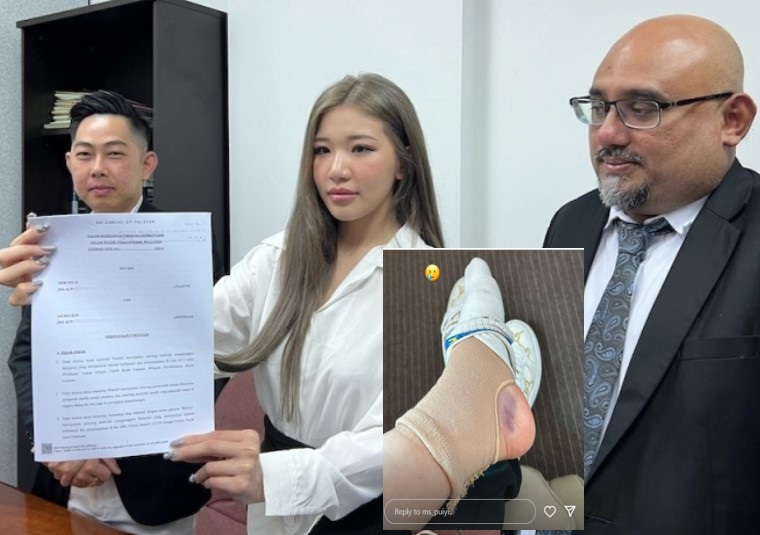MADRID/HANGZHOU: After years of reconnaissance, China’s retail king Alibaba is finally making its move on Europe. It is undercutting Amazon sellers’ fees to attract vendors but has had mixed results, six sources with direct knowledge of the matter said.
A flood of small businesses have joined its European platform, AliExpress, in recent months but some larger brands are holding back, according to the sources.
AliExpress has approached well-known brands including Mango, Benetton and Spanish fashion group Tendam, owner of Cortefiel, to appear on the site with limited success, according to five sources involved in the approaches who declined to be named because the discussions were confidential.
Some of the brands did not feel the site, whose fashion offerings include an imitation leather miniskirt for about US$18 and an acrylic batwing sweater for US$14, was the right showcase for their products, sources said.
A senior executive at one large fashion company, which turned down AliExpress’s approaches in Europe, said its brand needed to be in an “aspirational environment”. Another described the AliExpress platform as “a work in progress”.
However the head of AliExpress, Wang Mingqiang, told Reuters in an interview at Alibaba’s headquarters in Hangzhou, that foreign brands needed time to understand the platform.
With space to design their own stores within the platform, brands can build their own homepage, with pictures and video, to create the feel they want, he added.
Both Benetton and Tendam declined to comment officially on whether they were approached. Neither brand sells on AliExpress but they do sell on Amazon. Mango said it did not sell on AliExpress with no further comment. It does not sell on Amazon.
An AliExpress spokeswoman did not comment on whether the company had approached these brands or others.
“We are continuously exploring opportunities to work with different partners and committed to acting as a trusted partner for both consumers and sellers,” the company said.
Alibaba has hitherto focused on selling inexpensive Chinese products overseas through its AliExpress platform, such as US$3 USB cables and US$2 crystal earrings, curbing its appeal to a wider audience.
But in the past six months, it has started a drive to open up the platform to local vendors and brands as its seeks to replicate a highly profitable model of virtual malls that has seen it swallow more than half of online sales in China.
“Overseas sellers have a better understanding of local users, their products have better designs as they are closer to local users,” said Wang. – Jan 8, 2020, Reuters










